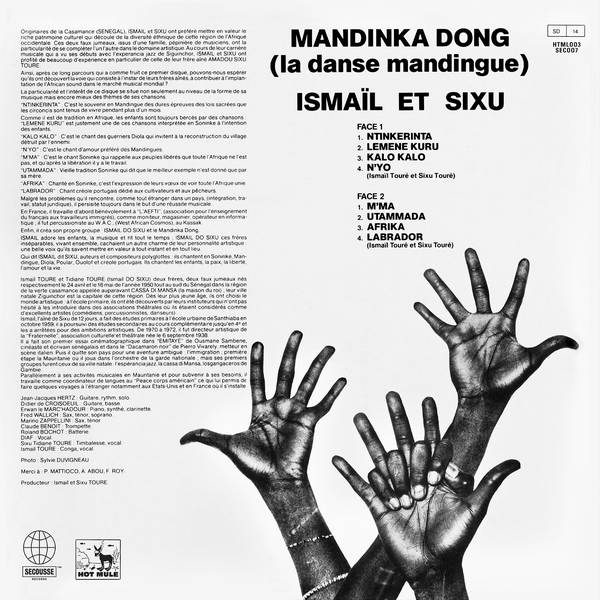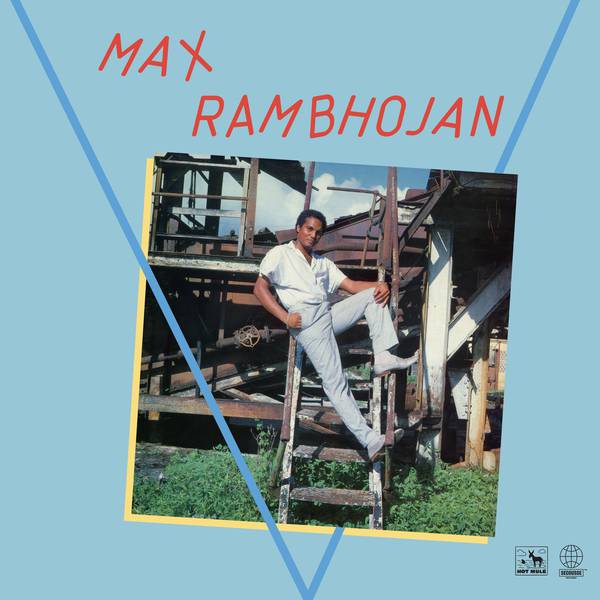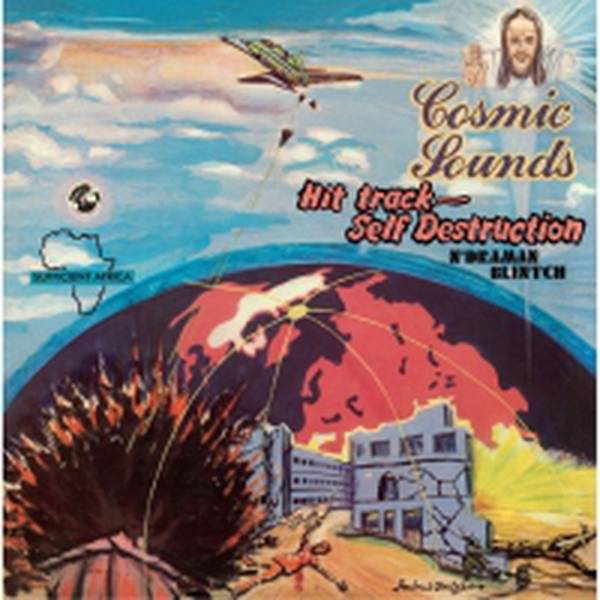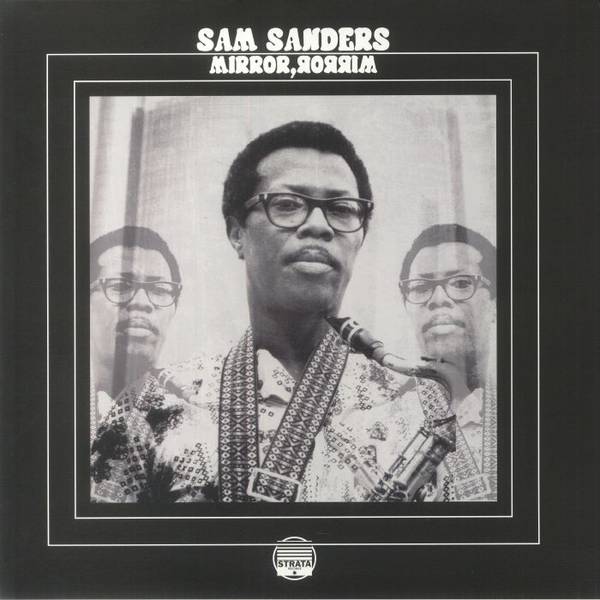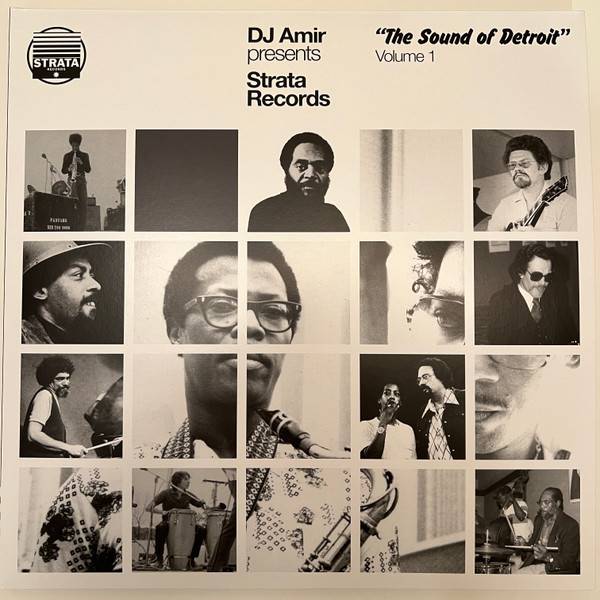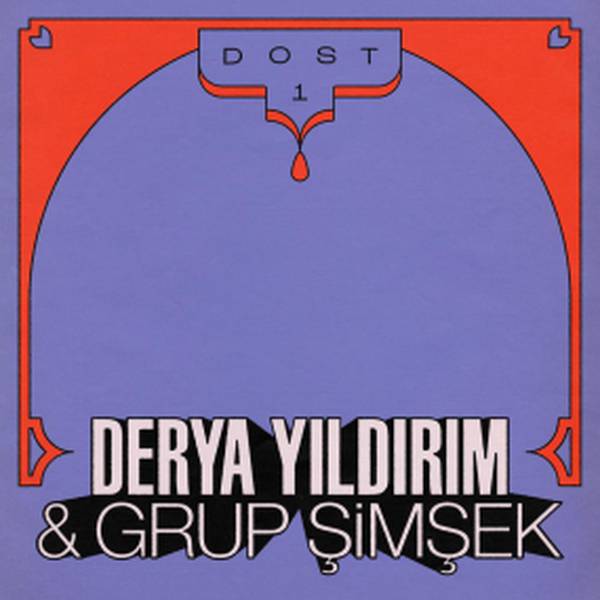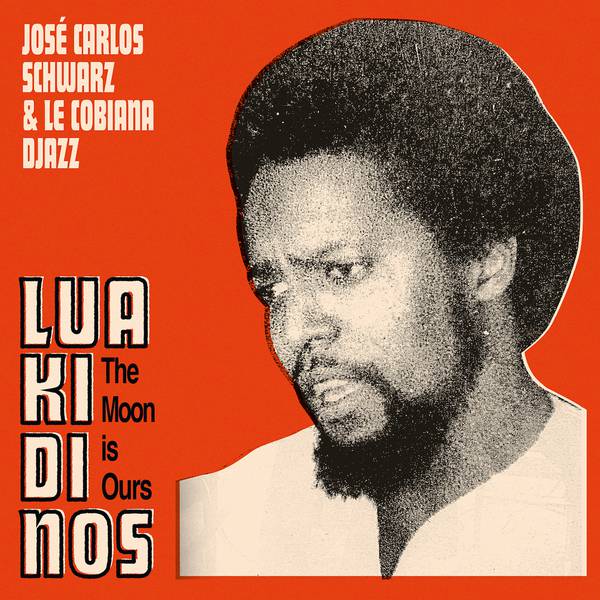
Tax included, Shipping not included
In the beginning of the 1970’s, Guinea-Bissau was a country broken up into many ethnic groups and at
the heart of a war for independence. By reviving traditional musical genres as Gumbé and singing in guinean
Kriol, José Carlos Schwarz & Cobiana Djazz established an immediate affective bond with their audiences.
Through its music and politically engaged spirit of the lyrics, the band played a significant role in shaping the
social and political consciousness of the masses. As well as influencing local bands like Super Mama Djombo
and giving back a deep sense of cultural identity to bissau-guineans.
The explosive birth of Cobiana Djazz brought about other kinds of detonation. Schwarz became
involved in urban guerilla activities which resulted in several bombings in the centre of Bissau, leading to his
imprisonment and torture. He remained in lockup for a total period of about 2 years, between 1972 and 1974.
The process of decolonisation, in the wake of the Portuguese revolution of 25 April 1974, led to the
recognition, during the same year, of the sovereign nation of Guinea-Bissau.
Schwarz, a key figure in the fight for independence, played an important part in the transition to the
democratic regime, profiting from his popularity as an artist. Soon, his criticism (underscoring opportunism and
irresponsibility in high places) became a thorn in the side of the political elite. Uneasy with the disquieting
effects of his work, government officials effectively separated the author from the masses by assigning him to
the embassy in Havana.
José Carlos Schwarz met a tragic and untimely death at the age of 27, when his plane crashed on
arrival at Cuba's José Martí International Airport, on May 271th 1977.
Hailed by african giants like Orchestra Baobab, Letta Mbulu or Miriam Makeba (with whom he recorded
his first and only solo album), “Zé Carlos” and his poetry won a lasting position in the annals of Guinea-
Bissau. However, this collection of songs remains relatively unknown outside the country and its
diasporas.
Details
Genre
Release Date
21.04.2021
Cat No
HTML 007
Produkt- und Herstellerinformationen
Tracklist
Track 1
Track 2
Track 3
Track 4
Track 5
Track 6
Track 7
Track 8
Track 9
Track 10
Track 11
